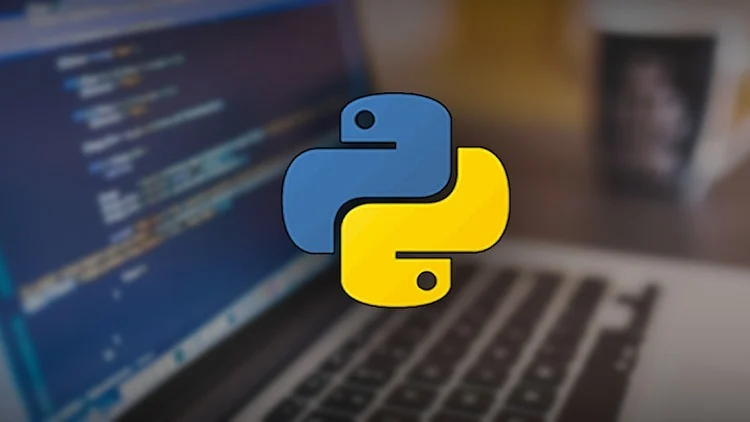How to Become a Software Engineer
Your Guide to Launching a Successful Software Engineering Career
Software Engineers design, develop, test, and maintain software applications that power everything from websites and mobile apps to enterprise systems and cloud services. Their work shapes the digital world, making them vital across all industries.
Disclaimer: Salary ranges vary based on experience, location, company, and specialization.
Start Your JourneyWhat Does a Software Engineer Actually Do?
Role Definition
A Software Engineer writes and maintains the code for software applications or systems. They analyze user needs, design software solutions, and collaborate with cross-functional teams to deliver robust, scalable products.
The role of a Software Engineer is often compared to similar roles:
- Software Engineer vs. Software Developer: A Software Engineer often focuses on engineering principles and system design along with coding, while a Software Developer, though often used interchangeably, may imply more focus on writing code and building applications.
- Software Engineer vs. Programmer: A Programmer primarily writes code, sometimes without the broader system design and engineering responsibilities that a Software Engineer undertakes.
Common responsibilities
- Designing and writing clean, efficient code
- Debugging and fixing software issues
- Collaborating with product managers, designers, and other engineers
- Conducting code reviews and writing tests
- Maintaining documentation
- Keeping up with new tools, languages, and frameworks
Common Industries & Environments
Software Engineers work in virtually every sector, including:
- Technology and IT services
- Finance and banking
- Healthcare
- E-commerce and retail
- Telecommunications
- Automotive and manufacturing
- Government and defense
Work environments range from agile startups and tech giants to consultancies and remote teams.
Key Skills Required for This Career
Technical Skills
Soft Skills
Courses to Get These Skills
Gaining Practical Experience
Theoretical knowledge is crucial, but hands-on experience is paramount for becoming a Software Engineer.
Create real-world projects to build a strong portfolio. Examples include personal portfolio websites, CRUD applications, APIs and backend services, or contributing to open-source projects.
Apply for internships or junior developer positions to gain industry exposure, work on real projects, and learn from experienced mentors.
Participate in coding platforms like LeetCode, HackerRank, and join hackathons. These activities sharpen your problem-solving skills and allow you to collaborate under pressure.
Your Educational & Learning Path
A mix of formal education, online learning, and self-study forms a strong foundation for a software engineering career.
Formal Education
A bachelor’s degree in Computer Science, Software Engineering, or related fields remains valuable and is often a prerequisite for many entry-level positions.
Online Courses & Bootcamps
High-quality online resources and bootcamps offer flexible, targeted learning options for career changers and self-directed learners.
Free Courses
Paid Degree & Certificate Programs
Self-Study & Continuous Learning
Software engineering requires lifelong learning to keep pace with evolving technologies. Staying current helps you grow your skills and adapt to industry shifts.
How to Stay Updated:
- Online Courses & Platforms: Utilize resources such as Great Learning and YouTube to acquire new languages, frameworks, and tools.
- Practice Projects: Build real-world projects, contribute to open-source, or join hackathons to apply what you learn.
- Coding Platforms: Sharpen your skills with LeetCode, HackerRank, or Codeforces.
- Tech Communities: Join forums, Discord groups, or GitHub to learn with others and get feedback.
Further Resources to Aid Your Journey
Explore these resources to deepen your understanding and stay connected with the Software Engineering community.
Blogs & Tutorials
- Top Software Engineering Projects
- Top 3 Important Job Skills for Software Engineers
- Top Career Options after Computer Engineering
- How AI is being applied in Software Development
- Highest Paying IT Jobs in India in 2025 (IT Sector)
- Agile Software Development and it’s Scrum Methodology
Stay updated with the latest project ideas, career advice, and technology trends in software engineering.
Online Communities
Connect with peers, ask questions, and collaborate on projects in these active communities.
Essential Tools & Platforms
- Version Control: GitHub
- Version Control: GitLab
- IDEs: VS Code
- IDEs: IntelliJ IDEA
- IDEs: PyCharm
- Containerization: Docker
- Containerization: Kubernetes
Master these foundational tools for modern software development, collaboration, and deployment.
Frequently Asked Questions
Becoming a software engineer usually takes anywhere from 6 months to 2 years. The timeline depends on your prior experience, learning pace, and dedication. Building projects and practical coding skills can accelerate your journey.
A formal degree isn’t mandatory to become a software engineer. Many professionals achieve success through self-study, coding boot camps and hands-on experience. Employers increasingly value skills and project portfolios over degrees alone.
Python and Java are great starting points due to their simplicity and versatility. These languages are widely used in software development, resulting in abundant job opportunities. Learning them helps build a strong foundation for understanding programming concepts.
Algorithms and data structures are essential for writing efficient and optimized code. They are especially important during technical interviews and problem-solving tasks. Mastering these topics improves your overall coding and system design skills.
Yes, remote work is common and widely accepted in the software engineering field. Many companies offer flexible options, including fully remote or hybrid models. Strong communication and self-discipline are key for remote success.


